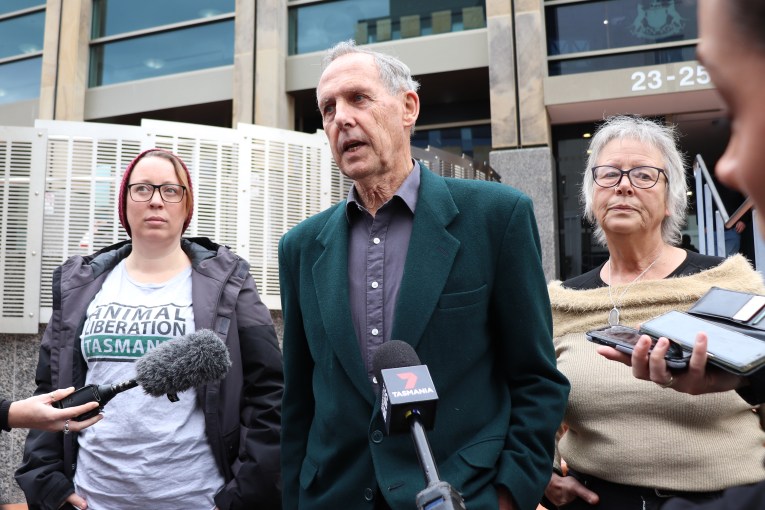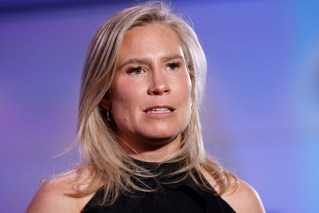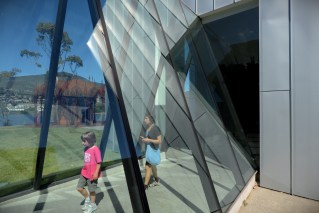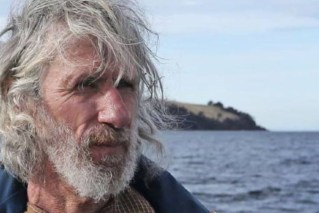Record rubbish haul collected from remote Tasmanian beaches
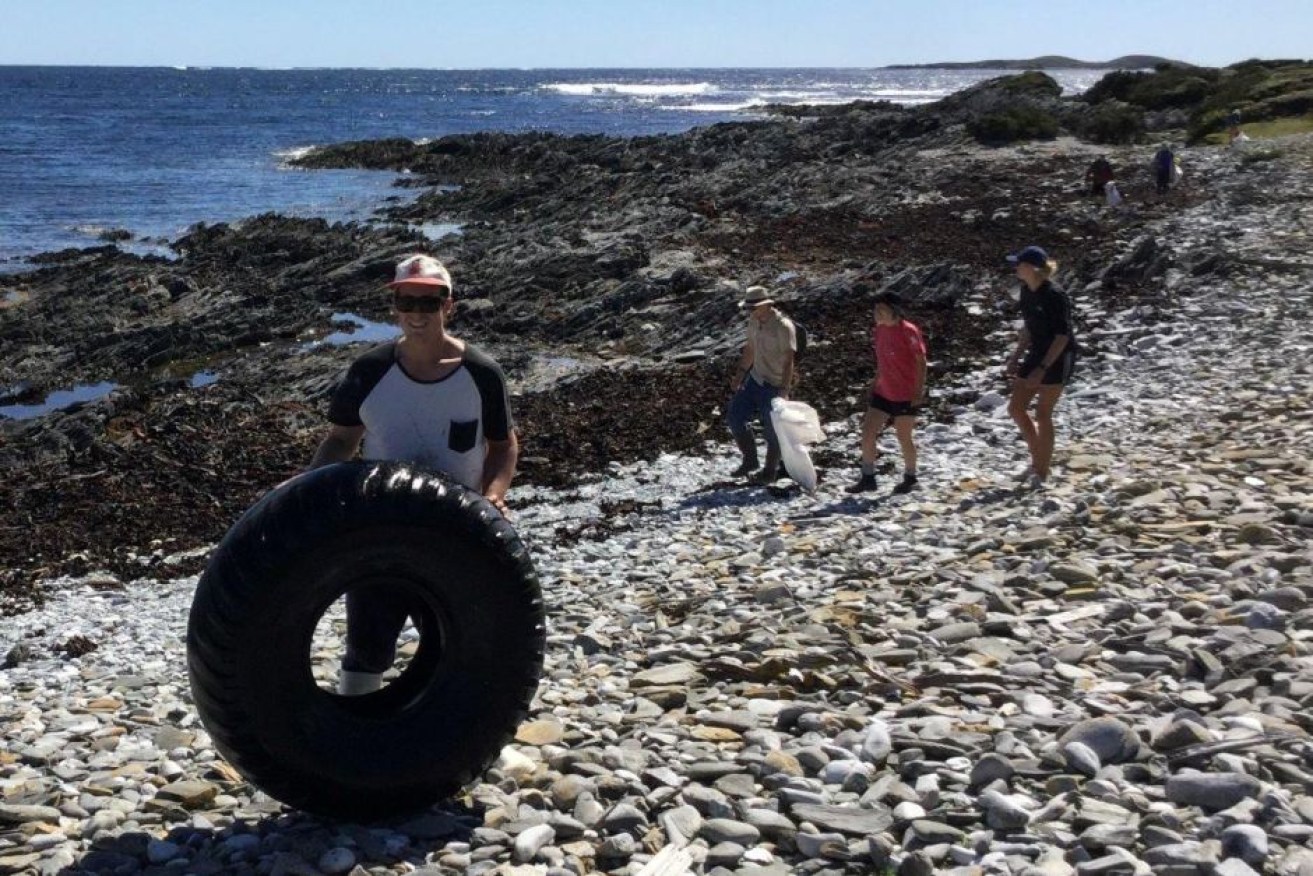
Volunteers have collected a record amount of rubbish from remote Tasmanian beaches. Photo: Team Clean
An annual clean-up of some of Tasmania’s most remote beaches has resulted in a record haul of rubbish.
More than 112,000 pieces of garbage were picked up from the beaches around the south-west World Heritage area.
Organiser Matt Dell said favourable weather conditions allowed volunteers to visit beaches they have not been able to access for about seven years.
“Some of the beaches are just totally choked up with rubbish,” he said.

Clean-up organiser Matt Dell says plastic of all sizes was collected. Photo: ABC
“For a 200-metre stretch of coast it took us six-and-a-half hours to clean.”
Mr Dell said some big pieces of plastic were found on the shore.
“For the first time this year we found a couple of big black pipes that are part of fish farm caging,” he said.
“We haven’t found any of those before, we’re not sure where they’re from.”
Volunteer Dwain Warn said there was a wide variety of litter types including trawl nets, fish bins, bits of plastic and bottle.
After 10 days of about 30 volunteers scouring the beaches for rubbish using five boats, this year’s haul saw the team remove and record more than 500,000 items over the seven-year life of the clean-up.
Plastics to blame
Mr Dell said smaller pieces of plastic were problematic as they entered the food chain.
“Seals, fish, seabirds, whales, dolphins and turtles, all those things are impacted pretty heavily,” he said.
“A toxic wave of plastic is trashing our oceans.
“Marine debris travels from across the seas and washes ashore on some of the planet’s most isolated and spectacular beaches in western Tasmania.”

Five boats were used to bring the rubbish back to Hobart. Photo: ABC
Organisers admitted the job may never be completed, but hoped it would help educate the community about plastic waste.
Some of the rubbish found had travelled from as far away as Japan, South Africa and Korea.
“With total worldwide plastic production doubling every 10 years, the amount of plastic that is washing ashore is likely to get much worse without a concerted effort to properly dispose or recycle used plastics,” Mr Dell said.
“The annual clean-up keeps our most precious wild places clean and is a key part of the global effort to fight the wave of polluting rubbish that’s trashing our oceans.
“It’s actually not as bad as what you’ve seen in Indonesia that you’re seeing on the news.
“It’s the fact that they’re so far from a population centre.
“I’ve tried to live with as little plastic as I can and it’s a really difficult thing to do.
“If we can educate a younger generation on how to do it and what choices to make, and make them aware of the issue then we’re going to be going a long way to solving the problem.”
-ABC
